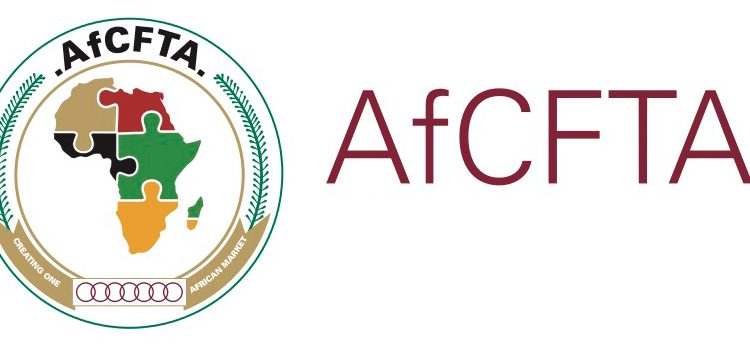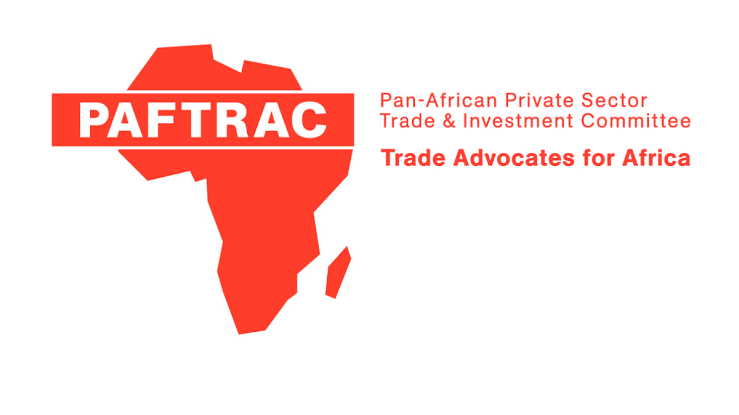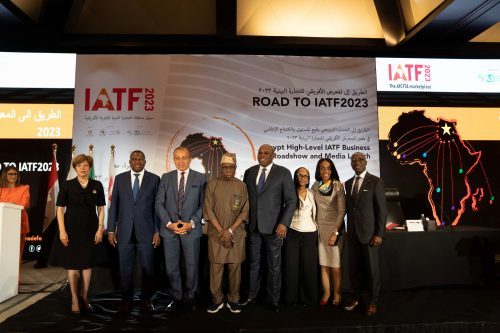Nigeria has officially commenced trade under the African Continental Free Trade Area (AfCFTA) agreement, reaffirming its dedication to maximizing the potential benefits for both small and large Nigerian businesses. With a projected $50 billion in benefits, the Nigerian government views AfCFTA as a key opportunity to tap into the African market, expand domestic business reach, and boost the overall economy.
Inaugural Shipment and Ceremony
President Bola Tinubu’s administration took a significant step towards enhancing intra-African trade and economic diversification with the implementation of Nigeria’s inaugural shipment under the AfCFTA Guided Trade Initiative (GTI). The ribbon-cutting ceremony took place in Apapa, Lagos, and was represented by George Akume, the Secretary to the Government of the Federation.
Government Commitment
Akume highlighted the transformative potential of AfCFTA to reshape Africa’s economic performance, stressing its necessity for Nigeria’s economic development. He assured the Nigerian business community of continuous federal support, pledging to help enterprises at all levels capitalize on the vast opportunities presented by AfCFTA.
Collaborative Efforts
Akume underscored the importance of a collaborative approach in unlocking AfCFTA’s full potential for Nigeria’s economic benefit. He called on all stakeholders to join hands and work together towards achieving the vision of a robust and prosperous African economy.
Guided Trade Initiative
Olusegun Awolowo, the coordinator of the National AfCFTA Coordination Office, provided further details about the Guided Trade Initiative. He stated that within the coming days, 10 Nigerian companies would begin exporting homemade products to various countries in East, Central, and North Africa. This initiative aims to facilitate intra-African trade and promote the export of locally produced goods and services, further stimulating economic growth and enhancing regional integration.
Companies Participating in AfCFTA
The Nigerian companies participating in the AfCFTA agreement include:
– Le Look Nigeria Limited: Exporting bags to Kenya.
– Secure ID Limited: Exporting smart cards to Cameroon.
– Dangote Industries Limited: Exporting clinkers to Cameroon.
– Avila Naturalle: Exporting black soap and shea butter to Kenya.
– Flour Mills Nigeria Limited: Exporting native starch to Algeria.
– Craft Methods Limited: Exporting alcoholic bitters to Uganda.
– Ruchim Limited: Shipping SIM and bank cards to Kenya.
– Tolaram Group: Exporting wrappers to Egypt.
– Hwani Industry Nigeria Limited: Exporting water closet sanitary sets to Kenya.
Potential of AfCFTA
Doris Uzoka-Anite, the Minister of Industry, Trade & Investment, highlighted AfCFTA’s potential as the largest free trade area in the world, comprising 54 African countries and over 1.3 billion people. She emphasized the significant opportunities for Nigeria to advance industrialization, economic diversification, and job creation. Uzoka-Anite urged all stakeholders to maximize the benefits of this historic agreement for sustainable growth and development across the continent.
The commencement of trade under the AfCFTA agreement marks a pivotal moment for Nigeria, poised to leverage this opportunity to drive economic growth, foster regional integration, and create a prosperous future for its citizens.










